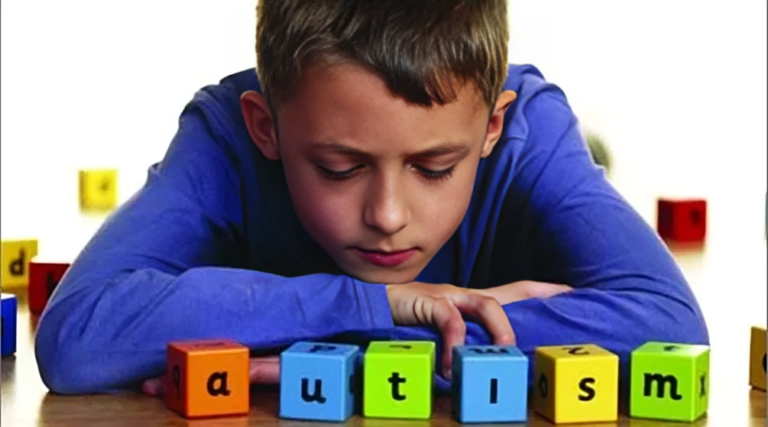Unlocking Potential: Navigating the Landscape of Autism Therapy.
Autism spectrum disorder (ASD) is a neurodevelopmental condition characterized by a range of challenges related to social interaction, communication, and repetitive behaviors. Autism therapy plays a pivotal role in supporting individuals on the spectrum, offering tailored interventions to enhance their communication skills, social interactions, and overall quality of life. This article explores various therapeutic approaches, shedding light on the evolving landscape of autism therapy.
To Know More About it Please Click Here
- Early Intervention: Building Strong FoundationsEarly intervention is a cornerstone of effective autism therapy. Identifying and addressing developmental challenges in the early years can significantly impact a child’s trajectory. Therapies such as Applied Behavior Analysis (ABA), speech therapy, and occupational therapy are often initiated during the preschool years to build fundamental skills.
- Applied Behavior Analysis (ABA): A Systematic ApproachABA is a well-established and evidence-based therapy that focuses on behavior modification. By breaking down complex behaviors into smaller components, ABA aims to reinforce positive behaviors and discourage negative ones. This systematic approach is effective in addressing a wide range of skills, from communication to daily living activities.
- Speech and Language Therapy: Bridging Communication GapsSpeech therapy is instrumental in helping individuals with autism develop effective communication skills. Therapists work on enhancing verbal and nonverbal communication, improving articulation, and addressing challenges such as echolalia. Augmentative and alternative communication (AAC) devices may also be introduced to support communication.
- Occupational Therapy: Enhancing Daily Living SkillsOccupational therapy focuses on improving individuals’ ability to participate in daily activities. For those with autism, this may involve addressing sensory sensitivities, fine and gross motor skills, and developing routines to enhance independence and overall functioning.
- Social Skills Training: Navigating Social InteractionsSocial skills training is crucial for individuals with autism to navigate social nuances effectively. Therapists use structured activities to teach and reinforce social skills, including turn-taking, making eye contact, and understanding nonverbal cues.
- Sensory Integration Therapy: Addressing Sensory SensitivitiesSensory integration therapy is designed to help individuals with autism process and respond to sensory stimuli more effectively. By providing structured sensory experiences, therapists aim to reduce sensitivities and improve adaptive responses to sensory input.
- Developmental Therapies: Holistic Approaches to GrowthSome autism therapies take a developmental and holistic approach, considering the individual’s overall well-being. Floor Time (DIR/Floortime) is an example that emphasizes engaging with individuals at their developmental level and building connections through shared interests.
- Parental Involvement: A Vital ComponentParental involvement is integral to the success of autism therapy. Parents often participate in therapy sessions, learning strategies to reinforce skills at home and create a supportive environment for their child’s development.
- Technology-Assisted Interventions: Harnessing InnovationIn the digital age, technology-assisted interventions, such as virtual reality programs and educational apps, are being explored as supplementary tools in autism therapy. These innovations provide engaging platforms to enhance learning and social skills.
To Know More About it Please Click Here
Conclusion:
Autism therapy is a dynamic and evolving field that embraces a spectrum of interventions tailored to the unique needs of individuals with autism. By combining evidence-based practices, developmental approaches, and innovative technologies, therapists and families can collaborate to unlock the potential of individuals on the autism spectrum, fostering growth, independence, and a fulfilling quality of life.








